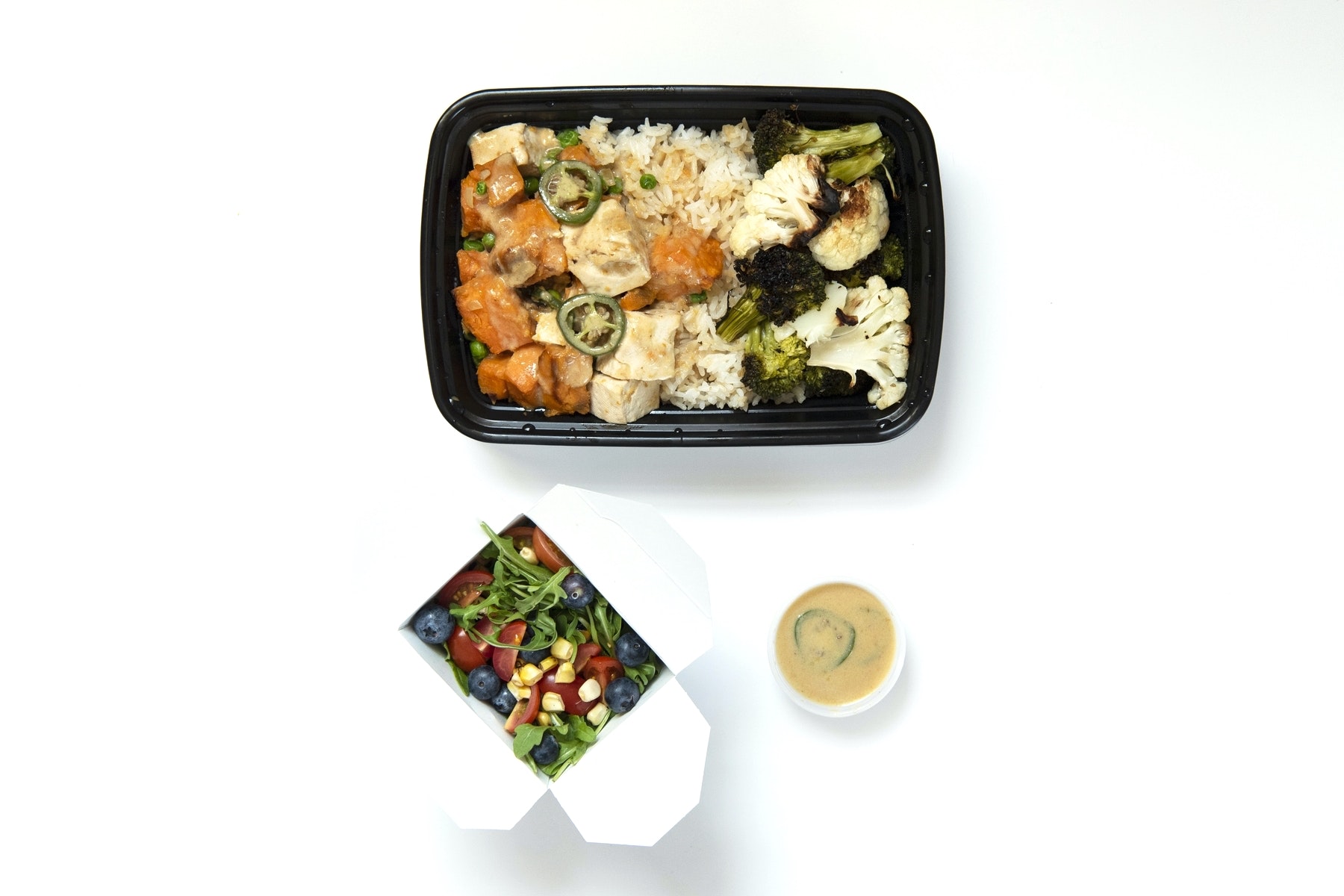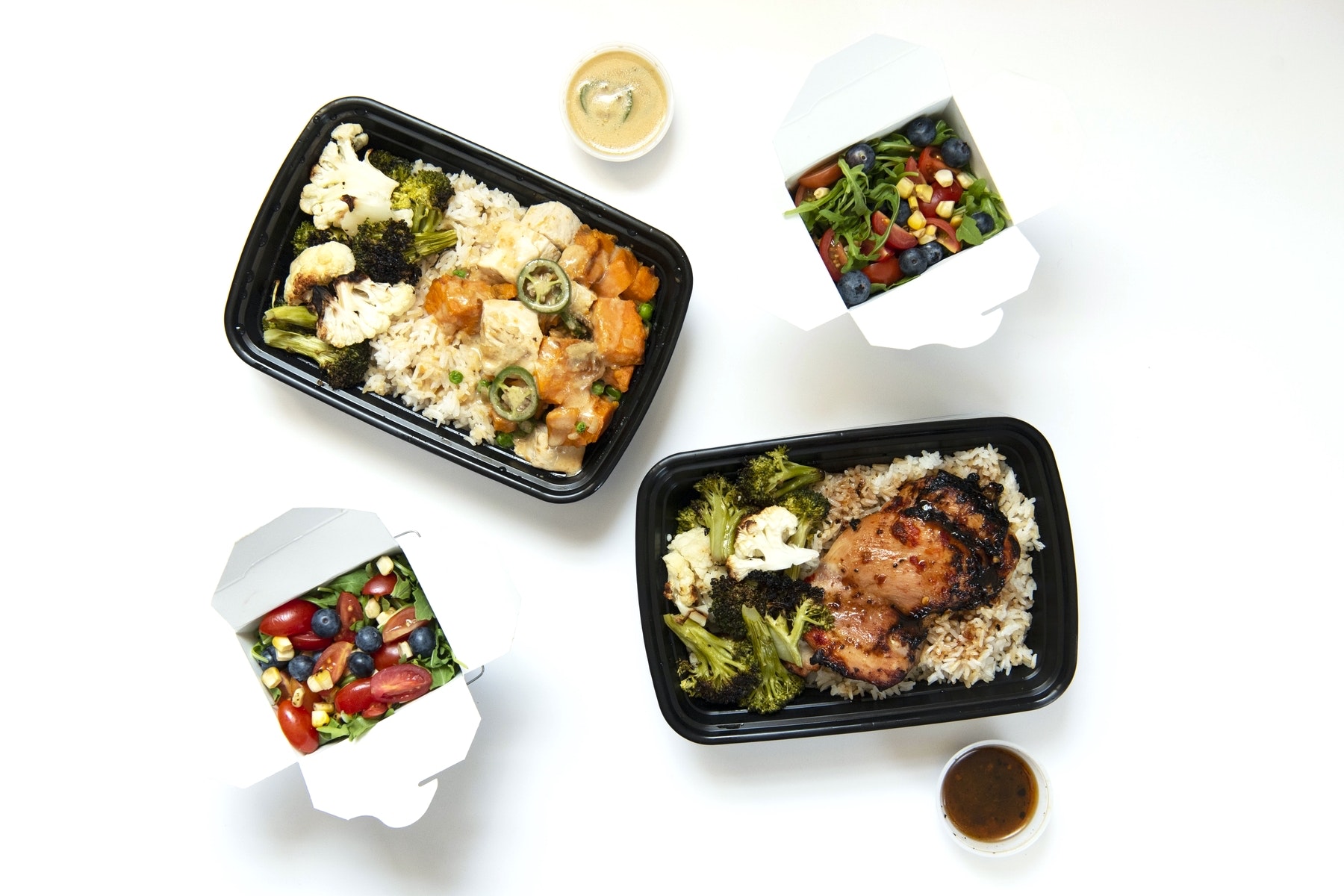Individually-Packaged Filipino Catering
Before the arrival of the Spanish in the 16th century, the Filipino diet was centered around seafood, supplemented by rice and vegetables. The Spanish brought with them new ingredients like tomatoes, potatoes, and corn, and introduced dishes like adobo and lechon, as well as baking and frying techniques. Later, the American colonization popularized convenience and fast food. Following independence in 1946, traditional techniques and regional cuisines were revitalized, and Filipino chefs gained recognition for their culinary prowess. The cuisine is characterized by a balance of sweet, sour, and savory flavors, often achieved using vinegar, citrus, and soy sauce, while coconut milk, ginger, garlic, and a range of spices add depth and complexity to many dishes. Today, Filipino cuisine is a fusion of traditional and modern influences, with bold flavors and fresh, local ingredients. Notable dishes include adobo, sinigang, kare-kare, and sisig, making it an exciting option for your group’s meal plan, and a vivid representation of the country's diverse cultural heritage.
Individually-Packaged Filipino by City
Our Menus

How does Filipino cuisine differ from other Asian cuisines?
Filipino cuisine stands out from other Southeast Asian cuisines, such as Thai, Vietnamese, and Indonesian cuisine, due to its unique blend of Spanish and American ingredients and cooking techniques. Spanish influence is evident in dishes like adobo, which use vinegar and soy sauce for marinating and stewing meat. Filipino cuisine also features stews, soups, and braises, much like Chinese cuisine, but with its own distinct ingredients like bagoong and calamansi. The use of coconut milk and oil is another key feature that sets it apart from other Asian cuisines. Additionally, unlike some Asian dishes that feature fried rice or noodle stir-fries as the main course, they are generally considered sides in Filipino cuisine.

How much should I order?
When you're ordering individually-packaged Filipino meals, it's always a good idea to request a few extra portions, just in case. You never know when someone unexpected might drop by the office, and having some extra meals on hand can save the day. So don't hesitate to add a few more to your order - trust me, you'll be thanking yourself later! It's always better to be safe than sorry, and having some extra portions will give you peace of mind and ensure that everyone is well-fed and happy.

Can I make my order gluten-free?
Absolutely! Filipino cuisine offers a wide variety of gluten-free dishes, from savory grilled meats like inihaw na baboy (grilled pork), to delicious seafood dishes like sinigang (sour soup with fish or shrimp), and even flavorful vegetable dishes like adobong sitaw (stewed green beans). However, to be certain that a dish is gluten-free, it's important to check for the (GF) indicator next to each menu item. Keep in mind that some dishes may contain soy sauce, which is typically not gluten-free.
Frequently Asked Questions
Are there vegan and vegetarian options for Filipino cuisine?
What goes well with Individually-Packaged Filipino meals?
What ingredients are in Individually-Packaged Filipino?
Bases
- Roasted Veggies
- Garlic Rice
- Pancit Noodles
- Steamed White Rice
Entrees
- Beef Bistek
- Chicken Adobo
- Pork Belly
- Pork Sisig
- Pork Tocino
- Tofu Sisig
CaterCow is the easiest way to order reliable catering from vetted restaurants
Vetted, Curated Menus
We screen for quality food, punctual deliveries, and responsive communication from all of our restaurants, caterers, and bakeries.
Buffet, Individually-Packaged, and Group Orders
Order individually-packaged meals or buffet style. If individual style, you have the option to send a link to teammates for a group order.
Ordering is a Breeze
You can order self-service online with a few clicks of a button. Or if you order frequently enough, we can provide an account manager.
Earn Rewards
Leave reviews of your orders, and you'll earn points that can be redeemed for future credits and Amazon rewards.